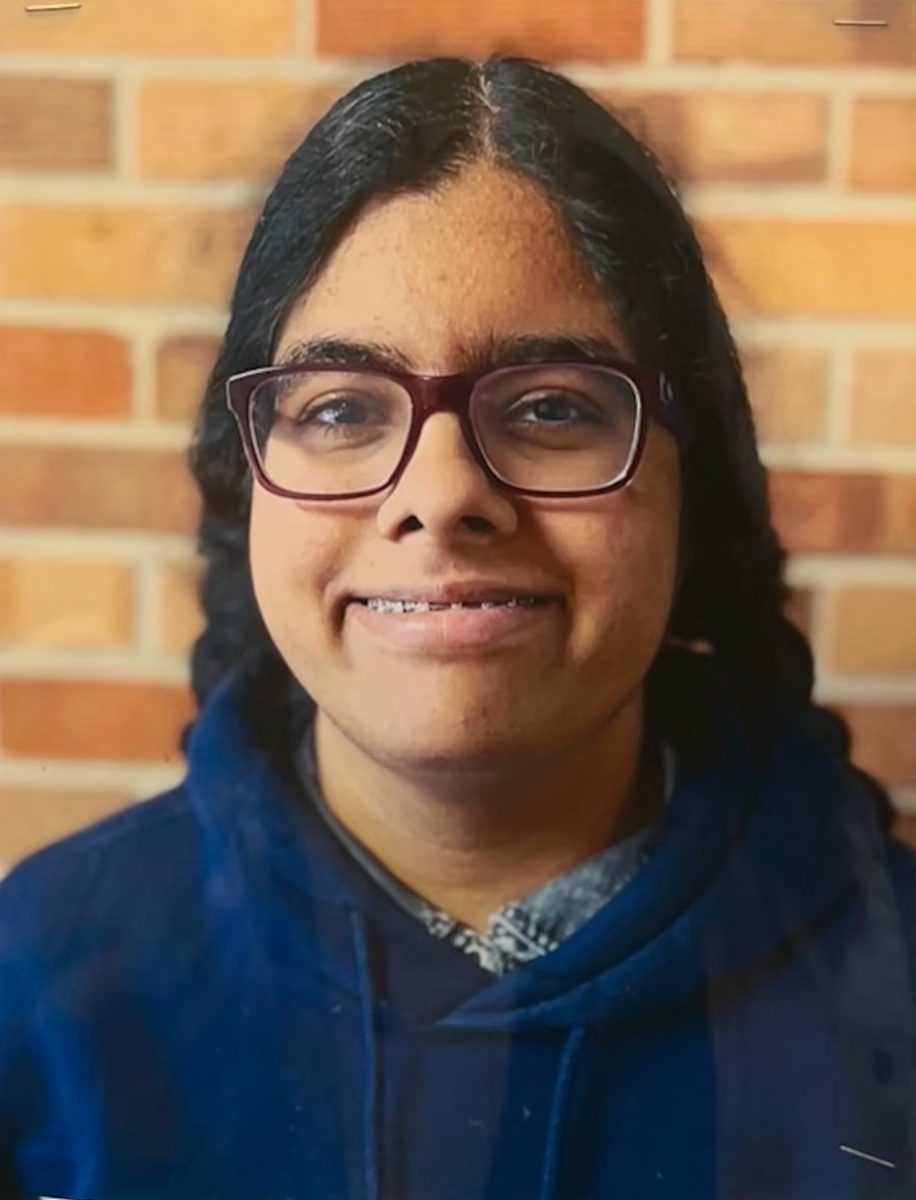The struggles of migrants: Moria camp burned during pandemic
September 25, 2020
The Moria camp, located in Lesbos and one of the largest immigrant camps in Europe, was burned to the ground on Tuesday, Sept. 9. All that was left were the skeletons of small houses and the remains of tents and materials the migrants couldn’t salvage. Fortunately, though a few were injured, none were killed. However, migrants are forced to spend the night and the days after on the streets or any vacant place in the Greek city until a new shelter is built.
The starters of the fire were a few people living in the camp and seeking asylum, ones who were upset with the pairing of unbearable and crowded living conditions along with being under lockdown because of the virus. They lit a fire near an area containing families and people tested positive with COVID-19. The Moria camp had their first case of Coronavirus on Sept. 2, and it had increased rapidly to 35 cases. Suspects on making the fire have been arrested.
Quarantine has been a scarring and difficult time for migrants, faced with being trapped inside the circumstances they have been in for so long. A doctor working for the BRF, the Boat Refugee Foundation, claims in The Guardian that all kinds of sicknesses are rampant in all ages, and floods of patients wait in interminable lines every day for hours seeking a few words of advice or treatment from them. Food is scarce, and sanitary conditions are barely existent. The porta potties contain an odor that permeates the air yards away. Overcrowding at the Moria camp has been a problem for a while, the population being more than 20,000 inhabitants when the camp itself was built for only 3,100. These migrants fled their homeland out of desperation and fear of the threatening life they had there. But it seems like it is not much different in the Moria camp.
InfoMigrant reported on Issouf, a migrant who had a front-line experience to the wrath of the Moria camp.
“I left my country because of the lack of security, but it’s the same here, or even worse,” Issouf said.
With COVID-19 being an extremely prominent issue, the situation is especially dire in the Moria camp. Social distance is virtually impossible, and there is not enough personal protective equipment and sanitary materials readily available for everyone to be able to wash their hands consistently and don masks. With those kinds of conditions, being under lockdown may not be the best decision.
Medecins Sans Frontieres: Doctors Without Borders sees a humanitarian issue with these events.
“What is actually happening is that COVID-19 is being used as an excuse to limit the freedom and rights of the people who are seeking safety in Europe,” they said.
Strangely, none of that has truly changed after the destruction of the Moria camp. It seems as if a new but related conflict has arisen. A new camp has been made in place of the original Moria camp. Many immigrants are extremely wary and reluctant to move in. They fear it will be the same or even worse than the Moria camp, and that their basic liberty and rights will continue to be ignored. Al Jazeera Media Network, a Qatari newspaper, spread the news on how the vacancy of the newly built camp reflected on the migrant’s fear of no change in the conditions.
“So far, only 1,200 people have moved into the temporary facility at Kara Tepe near the island’s port of Mytilene, which was ready to host at least 5,000,” it said.
The fire demolishing the Moria camp may symbolize how fragmented the migrant camps in Europe are. In Greece, migrants are no longer welcomed, though Europe claims it willingly accepts them. The New York Times explained the background reasoning to the broken migrant system. “With the movement of Syrians lessening in recent years, … the sense of urgency has lessened. In 2015, images of desperate refugees trying to make the Aegean crossing to Greece gained global attention…But few northern and eastern European countries opened their doors the way Germany did, leaving the problem mostly in the lap of countries at the European Union’s southern borders-Greece, Italy, Malta, and Spain-where frustrations have deepened,” it claimed.The Struggles of Migrants: Moria Camp Burned During Pandemic




